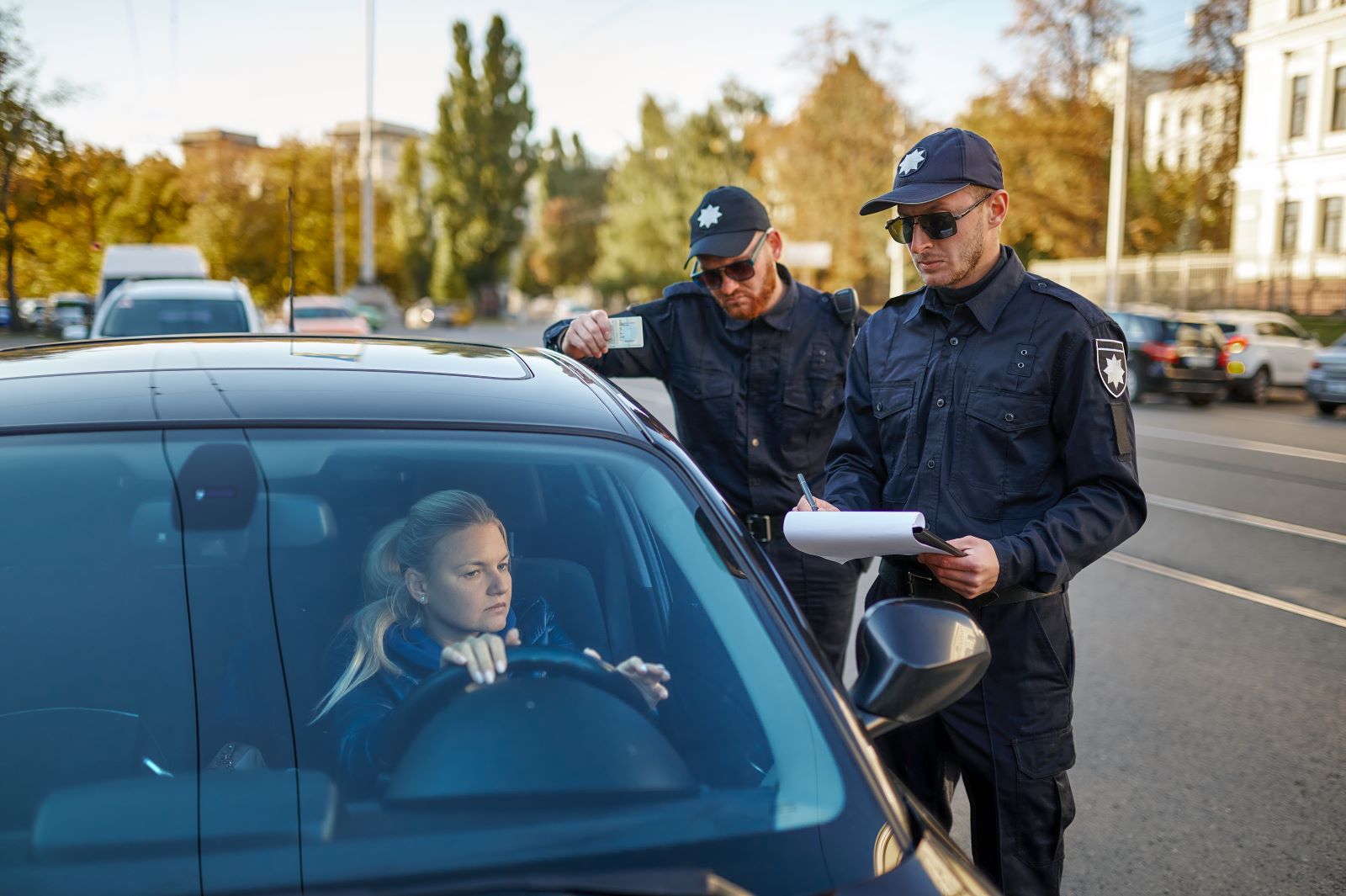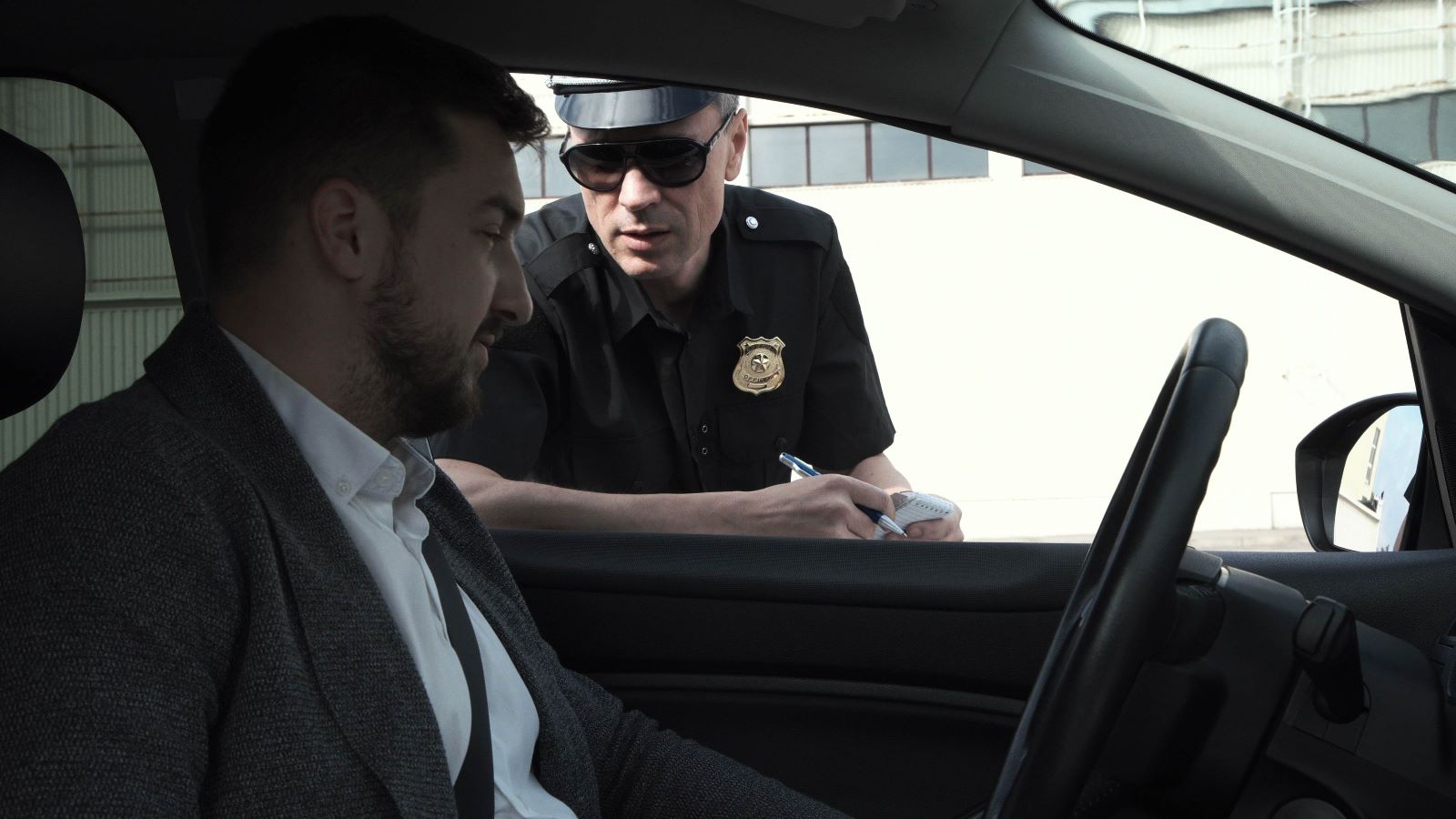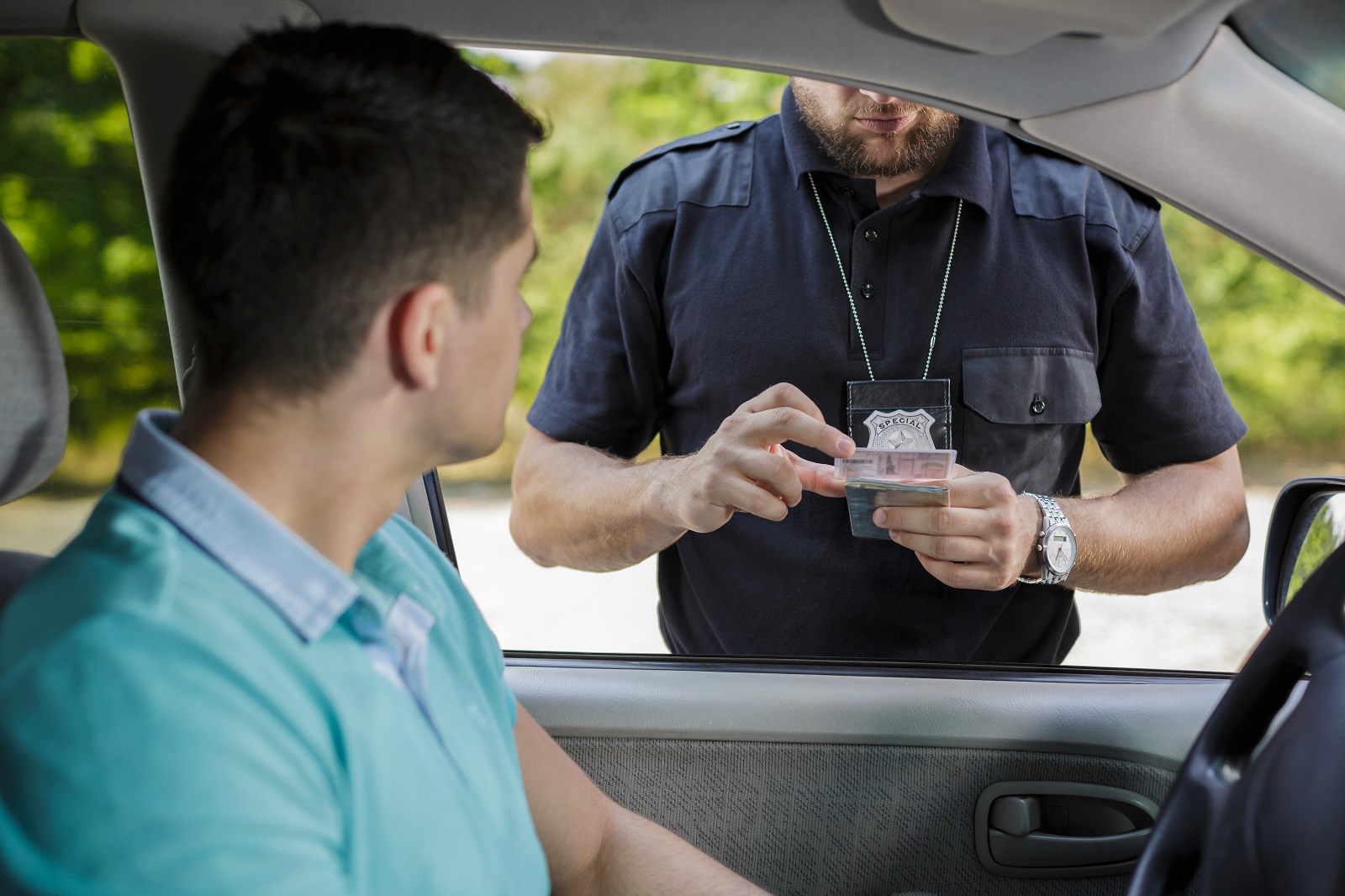Traffic stops can be a nerve-wracking experience, especially in the U.S. where encounters with police can sometimes go horribly wrong. Knowing your rights and responsibilities is crucial to staying safe. Let’s break down what you need to know, focusing on the laws and the stark reality of dealing with law enforcement. Remember, it’s you versus a system that doesn’t always play fair.
1. Your Right to Remain Silent

Image Credit: Shutterstock / Nomad_Soul
You have the right to remain silent under the Fifth Amendment. This means you don’t have to answer questions beyond providing your identification, registration, and insurance. Anything you say can and will be used against you, so keep your words to a minimum. In 2020, over 1,000 people were killed by police in the U.S.; knowing your rights can help protect you.
2. Your Right to Refuse a Search

Image Credit: Shutterstock / Nomad_Soul
You do not have to consent to a search of your vehicle. The Fourth Amendment protects you against unreasonable searches and seizures. If an officer asks to search your car, you can politely refuse by saying, “I do not consent to a search.” This is critical because anything found can be used against you in court.
3. Recording the Encounter

Image Credit: Shutterstock / ShotPrime Studio
You have the right to record police interactions in public spaces, including traffic stops. This is protected under the First Amendment, as long as you do not interfere with the officer’s duties. Recording can provide vital evidence if things go wrong. Remember Philando Castile? His girlfriend’s recording was crucial in highlighting the injustices he faced.
4. Keeping Your Hands Visible

Image Credit: Shutterstock / Monkey Business Images/
Always keep your hands on the steering wheel and visible to the officer. Sudden movements can be misinterpreted as a threat. This simple act can prevent misunderstandings and potential escalation. Misinterpretations during traffic stops have led to numerous tragic outcomes each year.
5. Staying in the Car

Image Credit: Shutterstock / Frame Stock Footage
Unless instructed otherwise, stay in your car. Exiting the vehicle can be seen as an aggressive move. If the officer asks you to step out, do so calmly and without sudden movements. This helps to keep the situation under control.
6. Asking If You Are Free to Go

Image Credit: Shutterstock / antoniodiaz
If you are unsure whether you are being detained, ask, “Am I free to go?” If the officer says yes, you can leave calmly. If not, it means you are being detained, and you should continue to assert your rights without resistance. This question can clarify your situation and potentially de-escalate the encounter.
7. Legal Representation

Image Credit: Shutterstock / Nomad_Soul
If you are arrested, you have the right to an attorney. Clearly state, “I want to speak to a lawyer,” and then remain silent. The Sixth Amendment guarantees this right. Do not try to explain or defend yourself without legal representation.
8. Understand the Risks

Image Credit: Shutterstock / Ground Picture
Statistics show that Black and Hispanic drivers are disproportionately targeted during traffic stops. According to the Bureau of Justice Statistics, these groups are twice as likely to experience the threat or use of force during police encounters. Awareness of these risks can help you stay vigilant and prepared.
9. Know Your Local Laws

Image Credit: Shutterstock / Jelena Zelen
Traffic stop procedures and laws can vary significantly by state. For example, some states require you to inform the officer if you are carrying a concealed weapon. Familiarize yourself with your state’s specific laws to better protect your rights and navigate the encounter.
10. Staying Calm and Polite

Image Credit: Shutterstock / Rido
Remain calm and polite, no matter how the officer behaves. Losing your temper can escalate the situation and increase the risk of conflict. Staying composed helps to de-escalate the encounter and keeps you safer.
Stay Safe

Image Credit: Shutterstock / Nomad_Soul
Police encounters during traffic stops can be unpredictable and, at times, dangerous. Knowing your rights and responsibilities is your best defense against a system that can be unjust and hostile. Stay informed, stay calm, and always prioritize your safety. If your rights are violated, seek legal counsel immediately.
2024’s Most Anticipated Car Releases: What’s Coming Soon

Image Credit: Shutterstock / canadianPhotographer56
If you love cars, 2024 is shaping up to be an exciting year. New models are rolling out with more power, better tech, and some fresh designs that could change the game. Here’s the scoop on the top cars hitting the streets soon. 2024’s Most Anticipated Car Releases: What’s Coming Soon
21 Mods That Make Your Car Illegal

Image Credit: Shutterstock / macondo
Car modifications can enhance style and performance, but not all modifications are legal. Here are 21 illegal car modifications that can get you in trouble with the law across various states. 21 Mods That Make Your Car Illegal
10 American Classic Cars That Define a Generation

Image Credit: Shutterstock / Krisz12Photo
American classic cars are symbols of their eras, each telling a story of its time and capturing the essence of car culture. Here are ten classics that defined generations. 10 American Classic Cars That Define a Generation
Featured Image Credit: Shutterstock / Ground Picture.
For transparency, this content was partly developed with AI assistance and carefully curated by an experienced editor to be informative and ensure accuracy.



